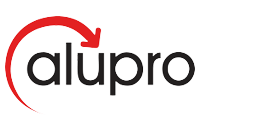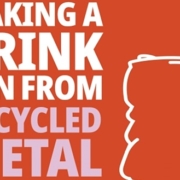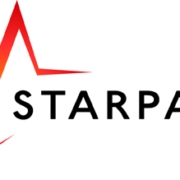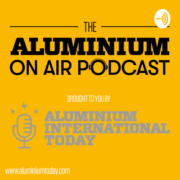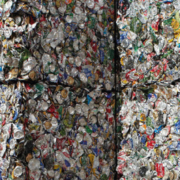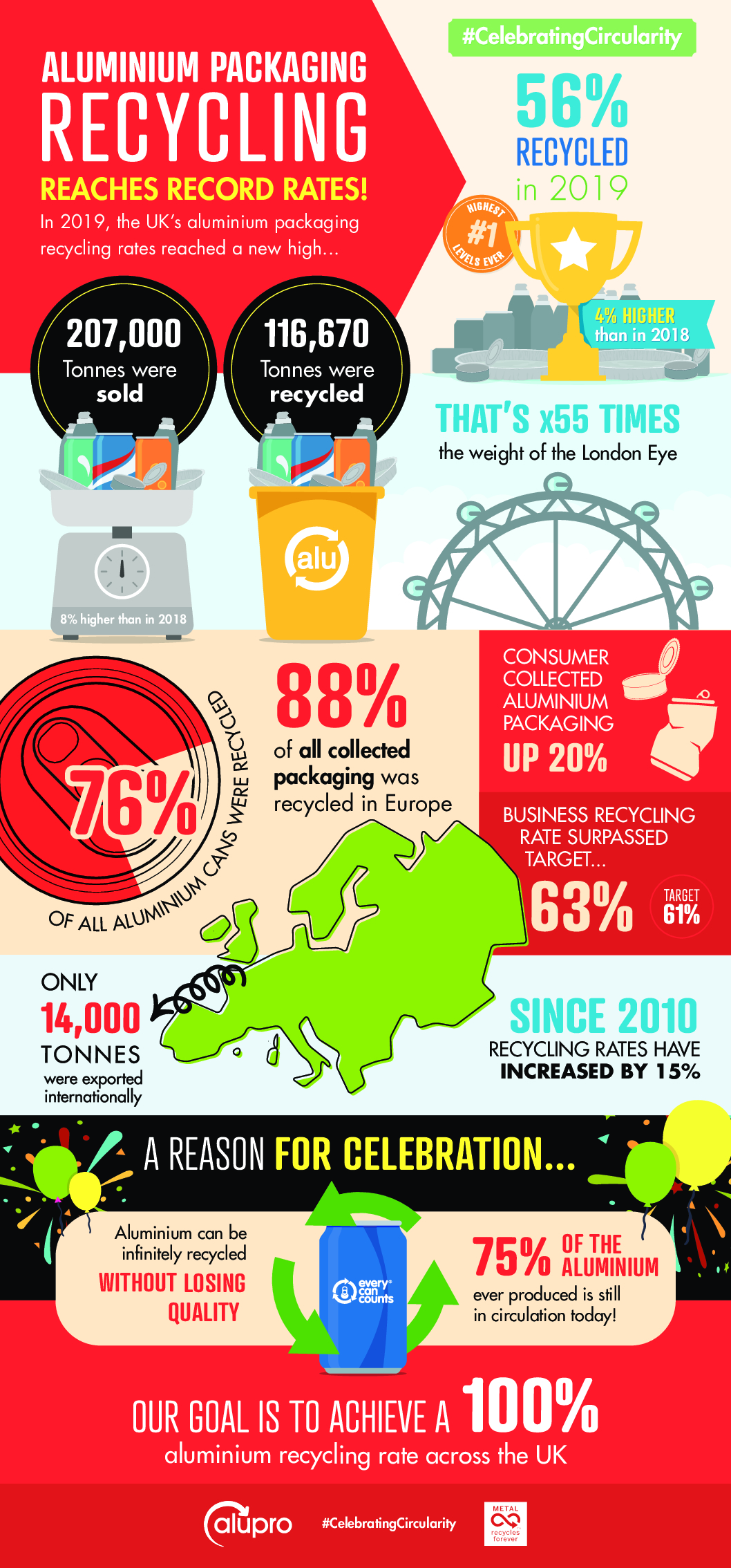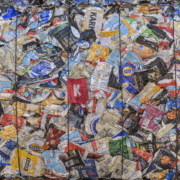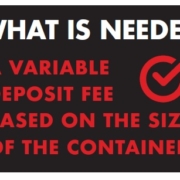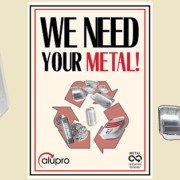Alupro celebrates UK’s commitment to recycling during lockdown
Alupro, the aluminium packaging recycling organisation, has thrown its full support behind Recycle Week (21-27 September). Organised by Recycle Now, this year’s campaign will run under the banner ‘Together We Recycle’ and aims to celebrate household recycling through the COVID-19 pandemic.
With aluminium recycling rates continuing to increase, the UK has already collected and recycled more than 95,000 tonnes of aluminium packaging to date in 2020.* Changing public perceptions and positive action from households nationwide have proven pivotal to driving this progress.
Now in its 17th year, Recycle Week aims to celebrate these figures and inspire even more people to recycle. This year’s campaign also aims to thank the waste management key workers who kept the industry moving during the national lockdown.
Rick Hindley, executive director of Alupro, commented: “2020 has been a hugely challenging year. It has, however, highlighted the changing perceptions and widespread determination of householders to recycle their packaging waste, alongside the sheer resilience of the waste management industry.
“Since the start of the year, the UK’s aluminium recycling rates have continued to increase. It’s hugely positive to see such progress through kerbside, bring and on-the-go systems, as well as aluminium packaging recovered from incinerator bottom ash (IBA). With more than 95,000 tonnes collected already this year, we’re well on our way to exceeding targets.
“We’re delighted to support Recycle Week and want to play a key role in celebrating national progress. The campaign reflects the purpose of our own behavioural change campaigns, Every Can Counts and Metal Matters, which are both delivering profound change in national perceptions towards recycling.”
Alupro has represented the UK’s packaging recycling industry for more than 30 years. The organisation’s Every Can Counts and Metal Matters behavioural change programmes continue to deliver exceptional results. Last month, Every Can Counts erected a giant rainbow on the Brighton beach seafront to promote recycling, while Leicester City Council has just announced a partnership with Metal Matters to encourage greater recycling across the city.
To celebrate Recycle Week, the Every Can Counts team is launching a recycling-themed augmented reality filter game (23 September). Catch ‘Em If You Can will offer players the chance to win a PlayStation 5 and will be accessible via both Facebook and Instagram.
For more information about Recycle Week, visit: https://www.recyclenow.com/recycling-knowledge/recycle-week-campaign. For more information about Alupro, visit: www.alupro.org.uk. To play Catch ‘Em If You Can, visit the Every Can Counts Facebook or Instagram page.
ENDS
* According to provisional monthly packaging data published by the Environment Agency
